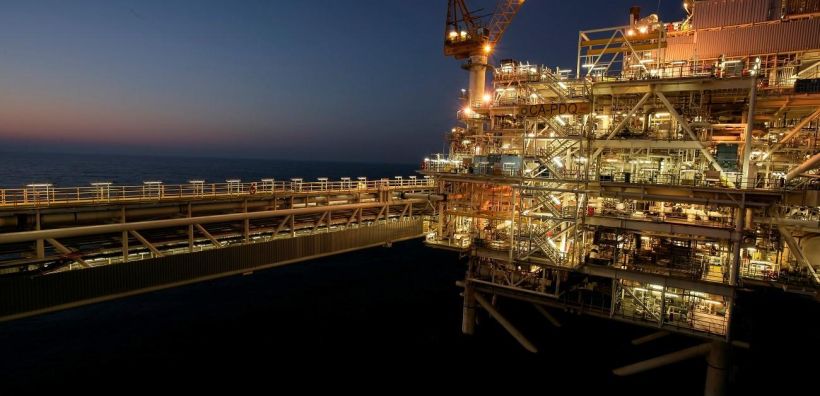The energy crisis has brought about a revival of the hydrocarbons sector, as highlighted by a growing number of energy companies that have decided to reactivate exploration and production projects that had been put on hold as a result of climate-target pressure. Much of this reignited upstream activity is occurring in Europe. Greece must not be left behind.
Yesterday, French oil and gas giant TotalEnergies announced it would boost fossil fuel output over the next five years, a contrast to its reduced production in recent years.
Earlier in the week, on Wednesday, the UK’s North Sea Transition Authority approved plans for production at the new Rosebank oil and gas field in the North Sea, estimated to contain approximately half a billion barrels of oil.
Norwegian upstream giant Equinor, holding the biggest stake in the Rosebank field, estimates production will begin in 2030, with initial investments seen reaching roughly 3.8 billion dollars before totaling approximately 10 billion dollars by 2051.
Two two months earlier, UK Oil & Gas Plc had announced it would recommence production at its Avington oil field, estimated to contain 60 million barrels. Production at this field had been disrupted at an embryonic stage six years ago, with output having reached just several hundred thousand barrels.
In late August, Norway, which has captured the biggest share of Russia’s lost natural gas supply to the EU, announced that a latest round of tenders for licenses at 92 locations, 78 in the Barents Sea and 14 in the Norwegian Sea’s northwest, had attracted interest from 25 companies, including majors such as Shell, ConocoPhillips, Equinor and Aker BP.
The heightened interest expressed by majors highlights a turnaround of their green-focused investment policies of recent years. Shell, for instance, has announced it will disrupt an investment cutback plan of between 1 and 2 percent, annually, until 2030, adding it will increase investments in natural gas.
The hydrocarbons sector is also making a comeback in regions closer to Greece, Italy being a prime example. Italy had stopped issuing new licenses for many years but took a turn in November, when officials announced the country will be holding tenders offering ten-year licenses that offer total production potential of 15 bcm in natural gas from deposits in the Adriatic Sea.
Quite soon, companies operating in Greece will receive results from seismic surveys conducted west and southwest of Crete (ExxonMobil – HelleniQ Energy); Gulf of Kyparissia (Helleniq Energy); Ionian Sea (HelleniQ Energy); and Northwest Ionian (Energean – HelleniQ Energy).
In addition, Energean is awaiting an environmental permit to proceed with exploratory drilling in the Zitsa area, close to Ioannina, northwestern Greece.
Given the international developments and Greece’s energy needs – 6 bcm of natural gas a year and 300 barrels of oil per day – imported at lofty prices, the Greek State must facilitate, it has become clear, the endeavors of companies seeking to move ahead with their projects.





